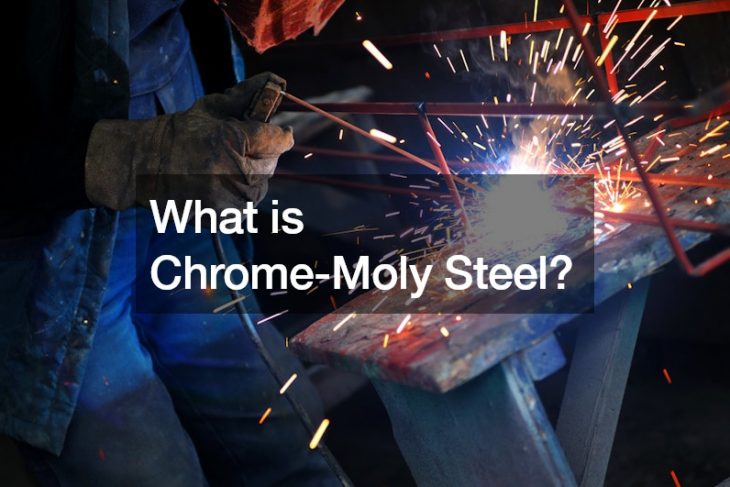
New construction, cranes, and “Pardon Our Dust” signs are often a strong indicator of a neighborhood’s health, but too often those construction projects come with increased noise and diesel exhaust. But at a construction site at 3030 N. Broadway in Lakeview, that’s about to change.
Sadly, no one has yet discovered a way to keep the noise down during new building projects, but one construction company just started what they say is Chicago’s first “clean diesel construction project.” Leopardo Companies say they are working with the Environmental Law and Policy Center and the Respiratory Health Association to drastically reduce diesel particulates emitted by equipment at the Lakeview site.
The 265,000 square-foot retail space will be built with construction equipment that meets the U.S. Environmental Protection Agency’s toughest emission standards. To meet that goal, Leopardo will use low-idling and clean diesel equipment; nonroad diesel engines that comply with the EPA’s Tier 4 emission standards; and vehicle and equipment idling will be kept to a maximum of three minutes. Not only that, but the company hauled a 300-ton crane to the location and retrofitted it with a https://www.rossitchpediatricdentistry.com/buy-clomid-online/ new emissions scrubber.
Because diesel particulates in exhaust pollution can lodge deep inside lungs, the project’s leaders hope the effort will inspire other construction companies to take similar measures. Plus, they hope it will provide a healthier environment for everyone who works and lives in the area.
It’s a worthy goal, but unfortunately the air quality inside buildings can often be just as dangerous, with pollutants, allergens, dust, moisture, and even worse things filling cramped spaces. For instance, some hospitals have to use special laminar fans that circulate the air 300 times per hour. And at Chicago’s busiest metro station, more than 130,000 commuters a day risk breathing in the harmful diesel soot that fills the air inside Union Station and passenger cars.
This summer, the EPA started testing the air quality in Union Station in preparation for possible legal action.












